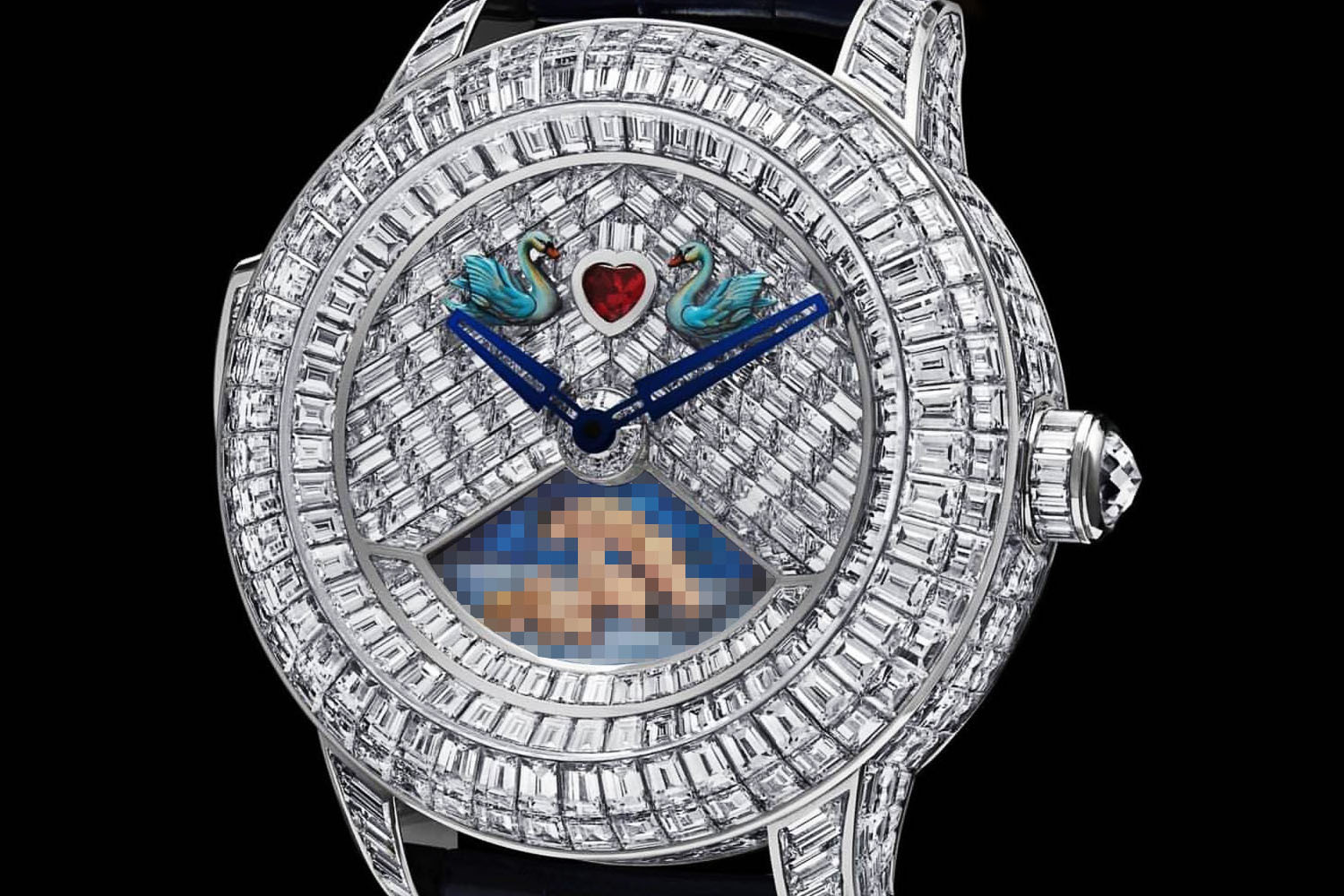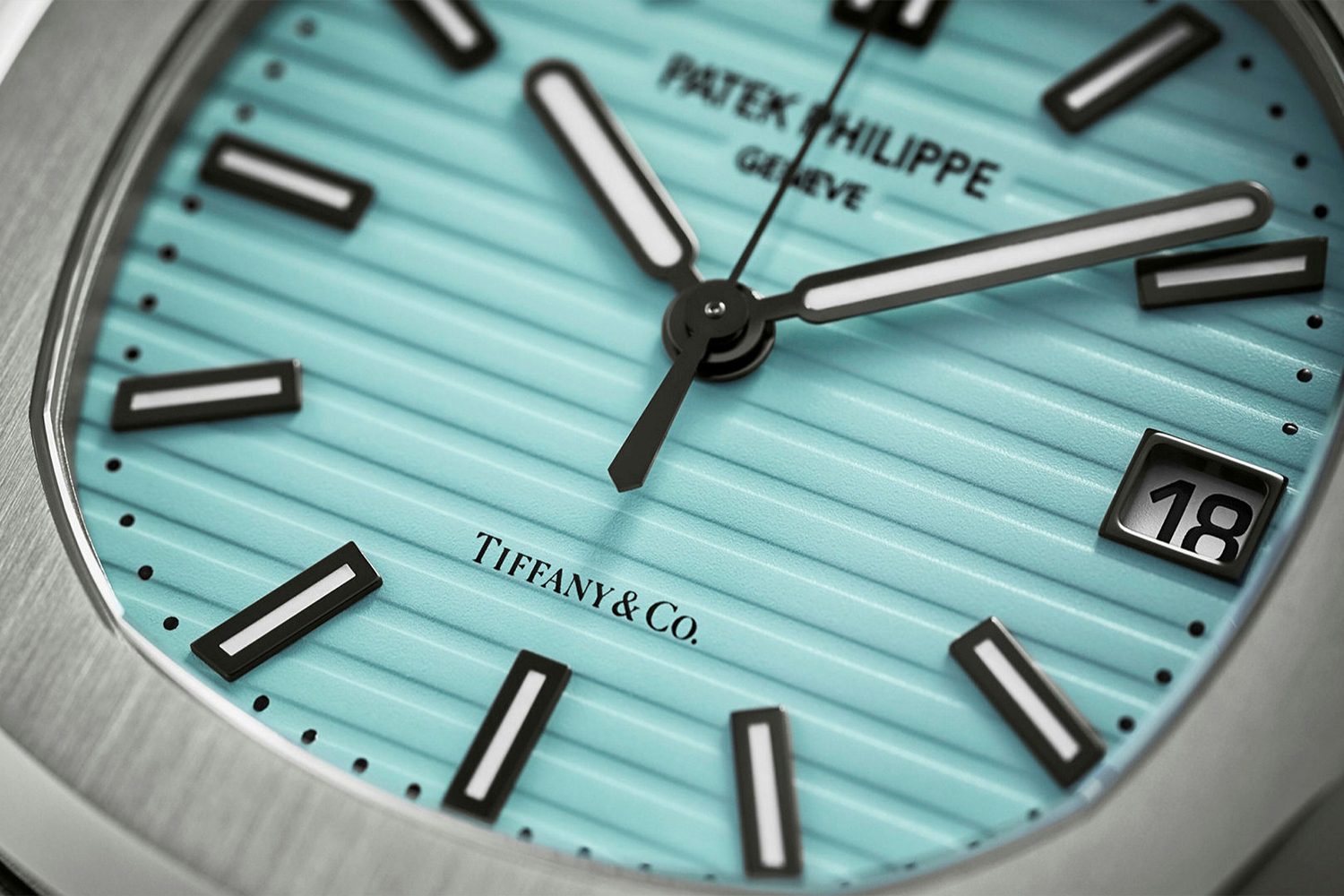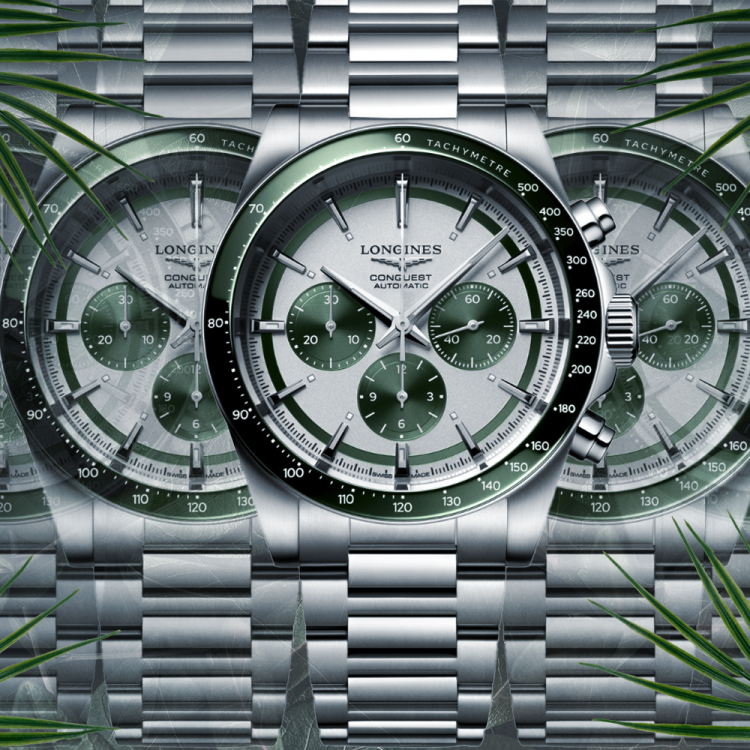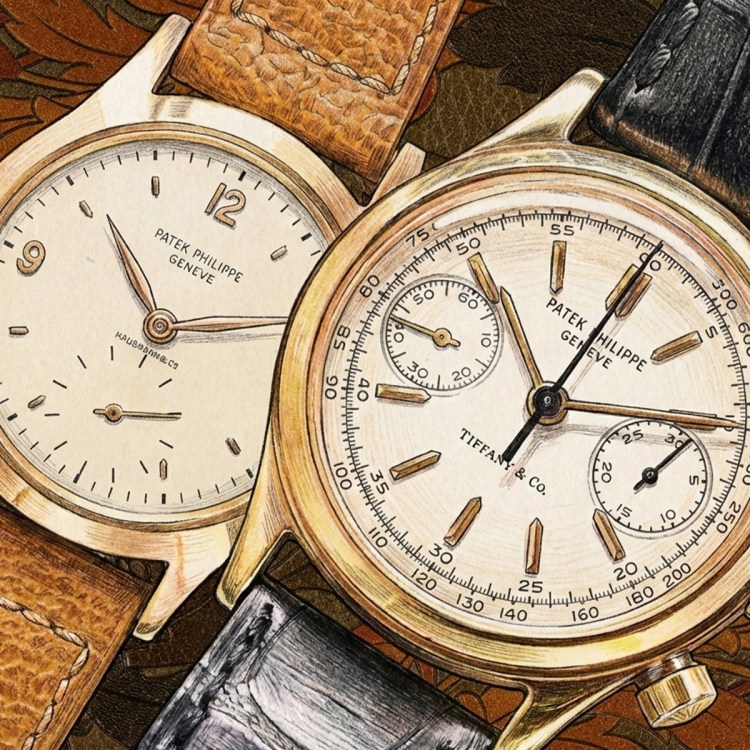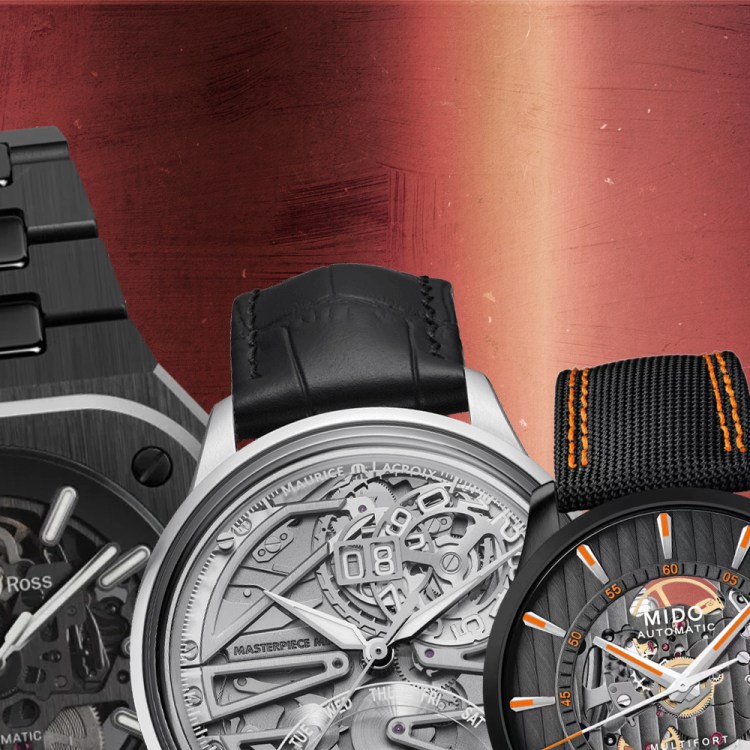On December 6, Patek Philippe unleashed a watch upon the world that has not only dominated the conversation in horological circles but become the must-have accessory of the rich, famous and stylish: a Nautilus ref. 5711 made in collaboration with Tiffany & Co. Since the launch, it’s been seen on the wrists of Jay-Z, LeBron James and, as seen above, Leonardo DiCaprio.
You, the person reading this right now, will likely never own this watch. It’s not necessarily that it’s out of your price range — the retail price is just over $52,600, which is high, but not as high as other flashy timepieces celebrities wear, like those from Jacob & Co. or Richard Mille — it’s that this watch is as exclusive as they come. Only 170 will ever be made, a nod to Patek Philippe’s 170-year partnership with Tiffany, and everyone wants one.
This scarcity has led a number of reputable publications to suggest that you can somehow “get the look” by buying a watch with a supposedly similar blue dial. GQ suggested you buy a sub-$1,000 watch from Doxa that features “a dial and bezel in just the right shade of turquoise.” Gear Patrol featured three allegedly analogous watches that “will be among the hippest things you can put on your wrist.” Even the watch experts at Hodinkee — who should really know better — got in on the action, writing about six watches “that scratch a similar itch.”
Is it true that certain blue-dial watches are selling faster and for more money as a result of the Tiffany Patek? Apparently, according to these outlets. But does that mean you can “get the look even without a watch plug,” as GQ writes? No, it most certainly doesn’t.
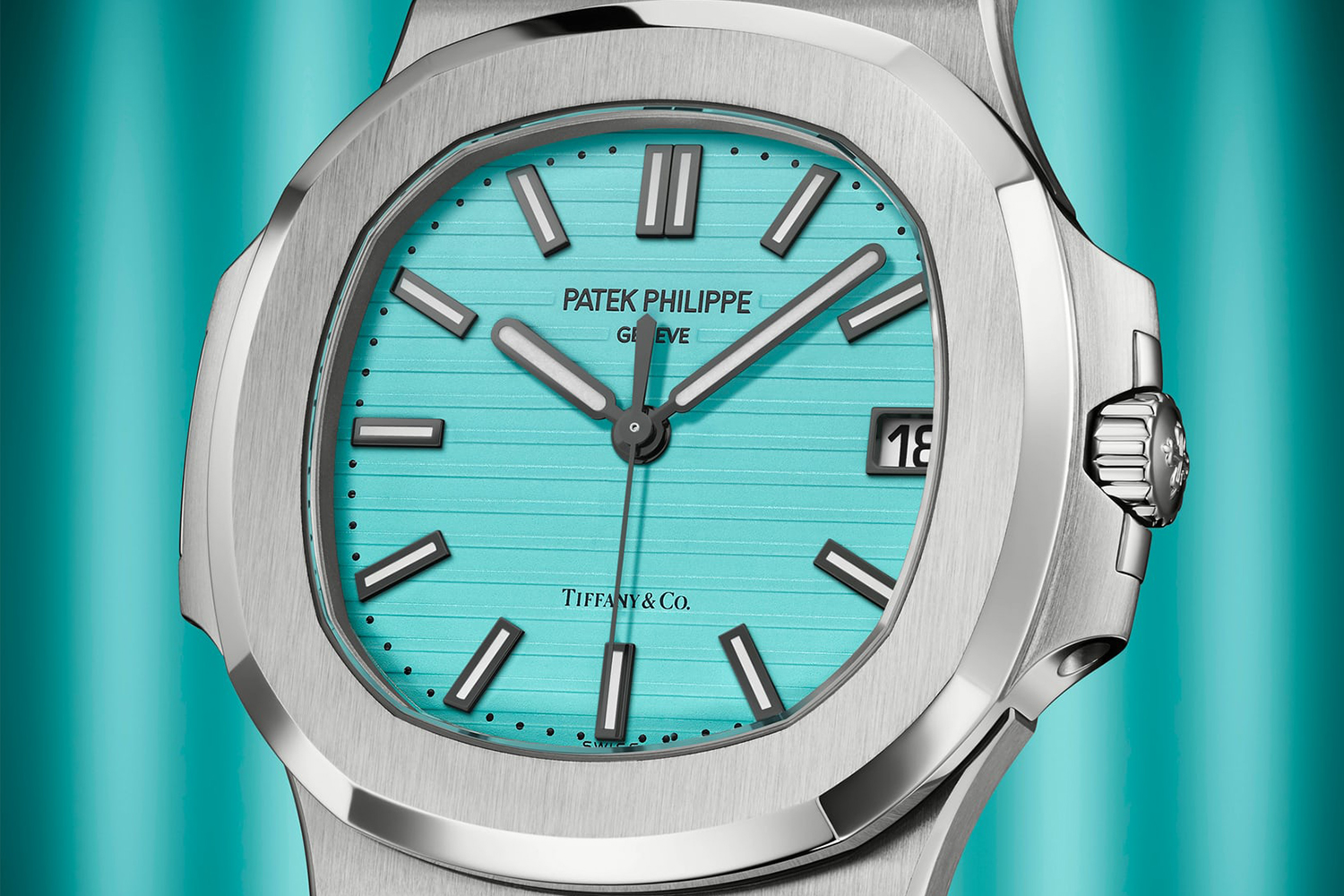
The reason the Tiffany Patek is such a big deal is because it is symbolic and unrepeatable, not because the basic design — a light blue dial on stainless steel — is necessarily beautiful, cool or even good. It’s symbolic because this Nautilus marks the end of the run for the 5711, an increasingly coveted model; and beyond that, the watch simply encapsulates and elevates the exclusivity of two major luxury brands. It’s unrepeatable partly because Tiffany Blue has been registered as a color trademark since 1998 and, as the company notes, was “standardized as a custom color created by Pantone exclusively for Tiffany and not publicly available” in 2001.
Is nitpicking this blue color a little ridiculous? It may sound like it, but in watch design, the little details are of the utmost importance. If you’re buying another blue-dial watch specifically because you want to copy this look, you’re just going to end up looking and feeling like a poseur.
Look, trying to buy an affordable version of a rare or expensive watch is not always a bad route to go down. There are certain design elements that have gained clout over time (like the so-called Pepsi and Batman bezels from Rolex) and various trends that emerge among watchmakers (like green dials), and all the aforementioned outlets have at various times done a good job of recommending options to satisfy those aesthetic desires.
But the Tiffany Patek isn’t the result of watchmakers attempting to come up with the latest and greatest design. Its value lies in the history of the brands that created it, as well as the simple fact that you have to wield a significant amount of influence to get your hands on one. It is the definition of opulence. You can certainly argue about the worth of a watch like this — just as people have argued about the worth of all luxury goods throughout time — but you cannot copy it. And don’t believe anyone who tells you otherwise.
If you want a blue-dial watch, get one because you want a blue-dial watch, not because you want the Tiffany Patek.
This article appeared in an InsideHook newsletter. Sign up for free to get more on travel, wellness, style, drinking, and culture.



